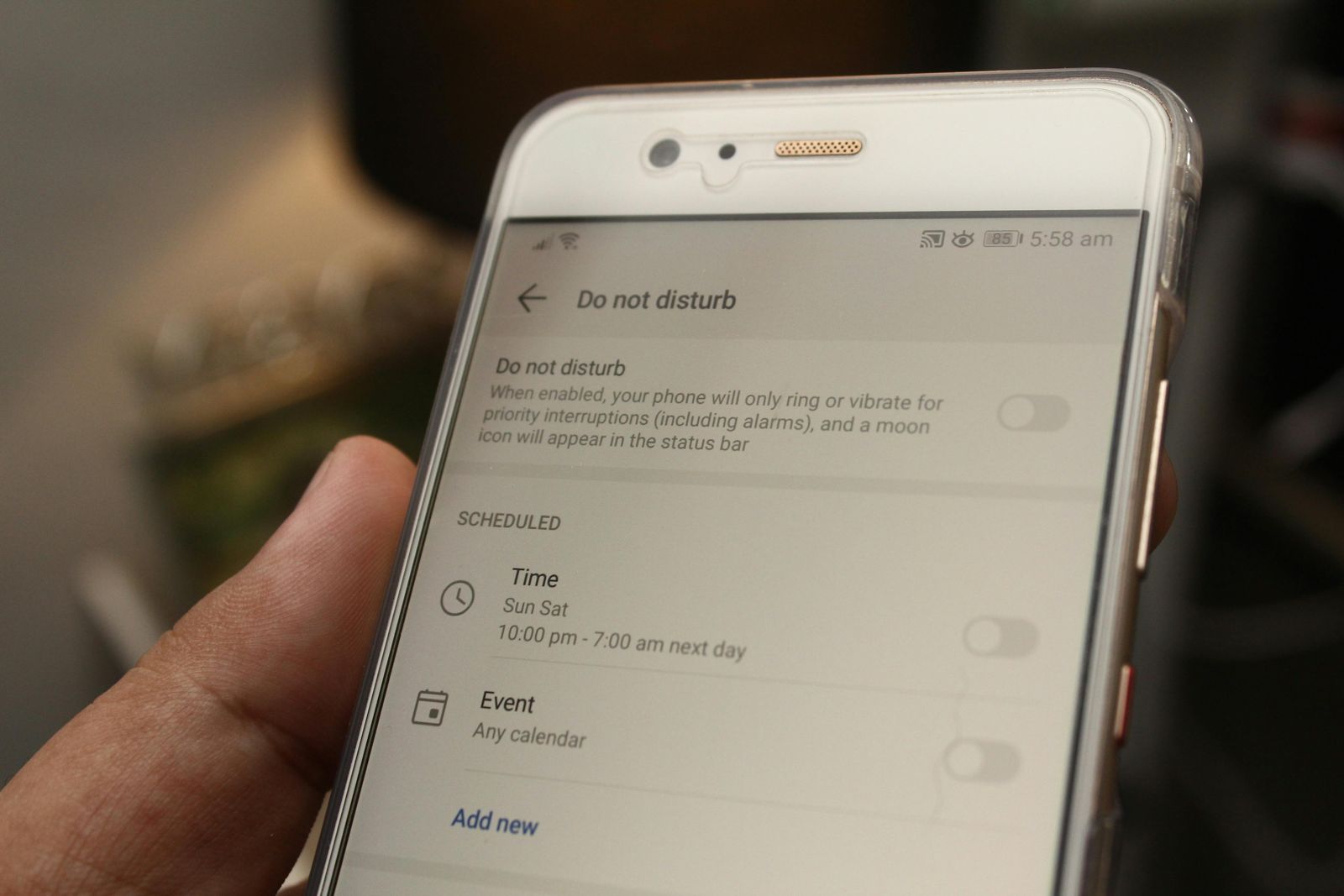Yes, the 9–5 is dead
Here’s How to Thrive in Bids and Proposals with the 4D Approach
Are you tired of feeling overwhelmed by proposal coordination and Bid Management? Do you sometimes wonder if there’s a better way to meet deadlines without sacrificing every ounce of your work-life balance? If you’ve been nodding along, you’re definitely not alone. The world of bids, proposals, and business development is evolving at breakneck speed—especially in regions like the Middle East and Asia, where timelines, cultural expectations, and client demands can make “flexibility” feel more like “chaos.”
But there’s hope. By embracing a fresh approach to work schedules, communication, and skill-building, you can regain control, strengthen your team’s performance, and maybe even boost your personal happiness along the way. This article dives into why the traditional 9–5 is becoming obsolete, how you can bring more clarity into your proposal process, and how the 4D Approach —Dialogue, Discovery, Design, and Deliver—can help you unlock your true potential.
The Proposal Chaos We All Know
Anyone who’s worked in Bid Management or proposal coordination knows that feeling: the deadlines keep looming, last-minute edits pop up, and crucial information doesn’t arrive until five minutes before you have to submit. Sometimes, you’re buried so deep in tasks—chasing content, reformatting docs, corralling subject matter experts—that you can’t see straight.
I’ve been there too. For a while, I thought “overwhelm” was just part of the job description. It wasn’t until someone took the time to teach me a more structured way of thinking—and, yes, drilled me on unlearning old habits—that I realized something crucial: chaos can become clarity when you use the right framework.
Today, the same mindset she taught me has evolved into the 4D Approach of StayRelevant —a method you can apply to streamline proposal creation, up-skill teams, and reduce stress.
Why the 9–5 Is Dying—and What It Means for Proposal Teams
Let’s talk about the elephant in the room: the 9–5 schedule is on its last legs. According to a study by PwC, 80% of millennials rank work-life balance and flexibility as a key factor when choosing a job. Remote work, flexible hours, and global teams are becoming the norm, not the exception. This shift is even more pronounced in the Middle East and Asia, where you might be dealing with clients or partners in different time zones.
Flexible schedules should, in theory, be a godsend for people who need to juggle multiple deadlines or quickly respond to RFPs. But it’s not always that simple. The “always on” culture can be a double-edged sword. When everyone on your proposal team (not to mention your client) works on a different schedule:
- You risk missing crucial conversations because you don’t share common hours.
- The pressure to be available 24/7 skyrockets.
- Team resentment grows, especially among busy technical experts or other departments who feel they have to respond instantly to every request.
- Personal life? Forget planning anything social when you’re putting out bid “emergencies” at random hours.
So how do we reap the benefits of flexible schedules without turning our lives into one big meltdown? It starts with a few best practices and a commitment to skill-building.
Four Best Practices for a Healthier Work Rhythm
- Define Core Hours – If you don’t establish a basic window of time for those “must-have” conversations, you’ll be chasing your team across time zones. Core hours (say, 10 AM to 2 PM local time) ensure everyone knows when to be online for critical discussions. This doesn’t kill flexibility—it just grounds it in shared reality.
- Focus on Output, Not Input – It’s tempting to equate being “online” with being productive. But if you’ve worked in proposals for a while, you know it’s the **quality and timeliness** of the deliverables that matter, not the number of hours logged. Define success by milestones—like completing a key proposal draft—rather than how long you see the little green dot next to someone’s name in the chat app.
- Use Asynchronous Communication Channels – Not every question or document request needs an instant reply. Tools like project management boards, shared drives, and discussion forums let team members respond when they can, reducing the pressure of constant notifications. This approach also encourages team members to articulate thoughts more clearly, since everything’s documented.
- Have a System for True Emergencies – Let’s face it: some stuff can’t wait. Whether it’s a major revision or a sudden change in RFP requirements, you need a clear process to escalate urgent issues. Maybe it’s a special WhatsApp group or a “red flag” email. The point is to ensure real emergencies are handled swiftly, while lesser priorities don’t intrude on personal time.
Implementing these best practices is easier said than done. The good news is that these skills can be learned, practiced, and refined. That’s where the StayRelevant Bootcamps come in, offering a safe space for bid professionals to sharpen their flexible work skills—so they can reduce stress, boost creativity, and ultimately win more work and support your career goals.
The 4D Approach: Turning Knowledge into Action
So you’ve got some ideas for how to avoid the pitfalls of flexible schedules. But how do you actually embed these ideas into your workflow and your team’s culture? That’s where our 4D Approach steps in:
1. Dialogue
- Creating open communication channels with peers is vital. In small, trusted groups, you can discuss challenges and share insights without fear of judgment. If your team is grappling with late client feedback or cultural nuances in the Middle East, for instance, brainstorming collectively can spark new approaches.
- Dialogue isn’t about being told what to do—it’s about discovering solutions that fit your context.
2. Discovery
- This phase is all about learning valuable techniques and uncovering hidden opportunities. Maybe your biggest bottleneck is a chaotic distribution of tasks among technical experts. Or perhaps the real issue is that you’re missing a consistent kickoff process that sets expectations for everyone.
- By diving into best practices—like setting core hours, clarifying roles, or adopting asynchronous tools—you begin to see how small tweaks can make a big impact.
3. Design
- Here, you co-create actionable solutions and practice applying them in a safe environment. Think of this like a rehearsal. You might role-play a scenario where the client sends urgent changes at 10 PM, and your team has to decide who handles it (and who gets to keep sleeping).
- Getting feedback in real-time helps you refine your strategies before the stakes are real.
4. Deliver
- Finally, you bring your refined skills into the actual workspace. This step involves setting measurable goals—like cutting down emergency after-hours calls by 50%—and scheduling follow-up coaching sessions to reflect and improve.
- Over time, “Deliver” becomes your new normal, and you discover that the chaos you once experienced can evolve into a more predictable, balanced routine.
Why Self-Discovery Beats Being Told What to Do
One of the secrets to unlocking your potential is to realize that no one else can do it for you Mentors, coaches, and peers can point you in the right direction, but you have to walk the path. When you experiment, make mistakes, and adjust, you truly own your skills—whether that’s mastering proposal scoping or finding the perfect communication rhythm with your cross-continental team.
I’ve worked in Business Development and Bid Management across four continents. If there’s one universal truth, it’s that people who actively practice and maintain their skills stay relevant, while those who rely on outdated habits fall behind. The 4D Approach was born from this realization.
The Tangible Benefits of Working in a Healthier Proposal Environment
- Increased Creativity: When your brain isn’t overloaded from chasing last-minute details, you can actually think more strategically about how to shape and differentiate your proposals.
- Higher Win Rates: A less-stressed and better-coordinated team is more likely to produce polished, compelling bids. That’s just math.
- Improved Work-Life Balance: Flexible scheduling doesn’t have to be a curse. With the right boundaries and systems, you can enjoy personal time without worrying about missing “the big emergency.”
- Stronger Team Morale: When everyone sees that the new processes actually work, morale goes up. A team that communicates well and respects boundaries is a team that enjoys coming to work.
Ready to Transform Your Impact?
Whether you’re working in Consultancy, Bid Management, or Business Development, the shift from chaos to clarity is within reach. The process isn’t about memorizing steps or blindly following orders. It’s about dialogue with peers, discovering new techniques, designing solutions collaboratively, and delivering them in a real-world context—over and over until it becomes second nature.
That’s precisely why we created the StayRelevant Bootcamps: a safe space where you can refine your skills alongside like-minded professionals. This isn’t about being told what to do; it’s about experiencing, reflecting, and upgrading how you work.
In a world where the 9–5 is fading, where “always on” can ruin your week (or month), and where competition for proposals is fiercer than ever, learning to navigate flexible work schedules isn’t just a “nice-to-have.” It’s survival—and an opportunity to thrive. By investing in practical approaches and continuous self-improvement, you’ll not only stay relevant; you’ll stay a step ahead.
So, here’s your invitation: Are you ready to embrace a more fulfilling, balanced, and productive way to manage bids and proposals? The path is open. All you have to do is walk it.



